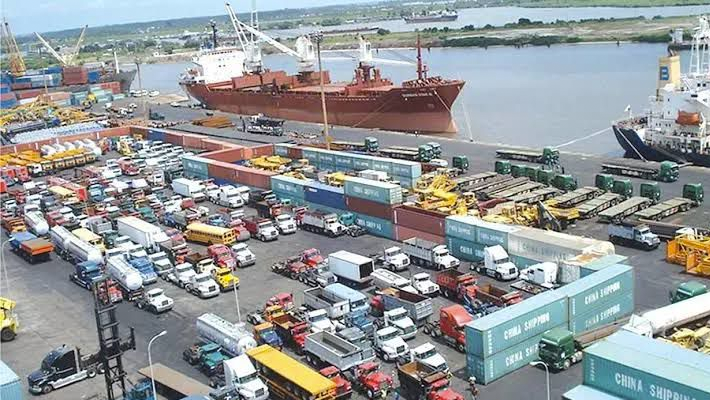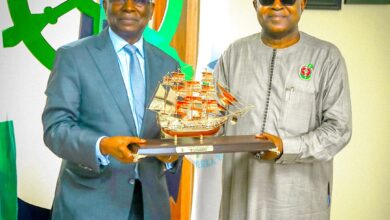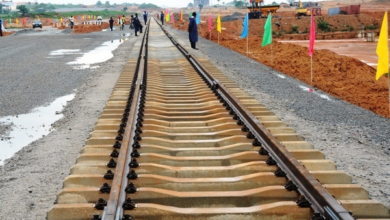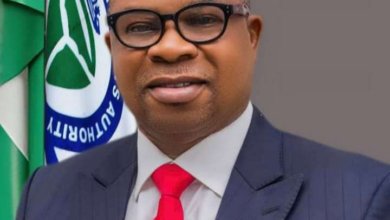Delta Revalidates MMCC Approval for $27.29 Escravos Seaport

Story/Phone Credit: transportday.com.ng
The Delta State Government has revalidated the approval granted Mercury Maritime Concession Company (MMCC), for the proposed $27.29 b Escravos Industrial Complex (ESIC) project in the state.
The Chairman of MMCC, Rear Admiral Andrew Okoja (rtd), who disclosed this recently in Lagos, said the company has received assurance from the federal government that the revalidation on the earlier granted provisional approval would soon be granted.
According to him, “We have received a revalidation from Delta State Government, which was communicated to us early this week. We are also in touch with the Ministry of Industry, Trade and Investment, the supervisory ministry for this project and they have assured us that the revalidation of the Federal Government would be granted before the expiration of the June deadline that the project financier gave us.”
He said the project would run across eight ministries including the Ministry of Solid Minerals, the Ministry of Works, the Ministry of Marine and Blue Economy, and the Ministry of Power.
According to him, MMCC and its partners are bringing a development fund of $29.7 billion to support the present administration in its strive to attract foreign direct investment, develop the economy, and create jobs.
He further disclosed that the project also involves building seven inland dry ports in Bayelsa, Imo, Delta, Edo, Kogi, and Abuja and that all the deliverables would be achieved within five years of commencing construction.
Giving insight into the deliverables of the port project, a Director at MMCC, Ausbet Udebu said the project involves one deep seaport, inland ports in seven states, building of an intermodal transport system for cargo evacuation including 45km coastal roads, 150km rail line that would connect existing Warri-Ajaokuta-Itape railway and 600km of marine network.
He said there would be an independent power infrastructure that involves 2,000 megawatts of Independent Power Project (IPP), two 500 megawatts of IPP in two inland ports, and five 250 megawatts of IPP in five inland ports.
Specifically, he said there would be a Free Trade Zone, an industrial park, and a Central Business District.





